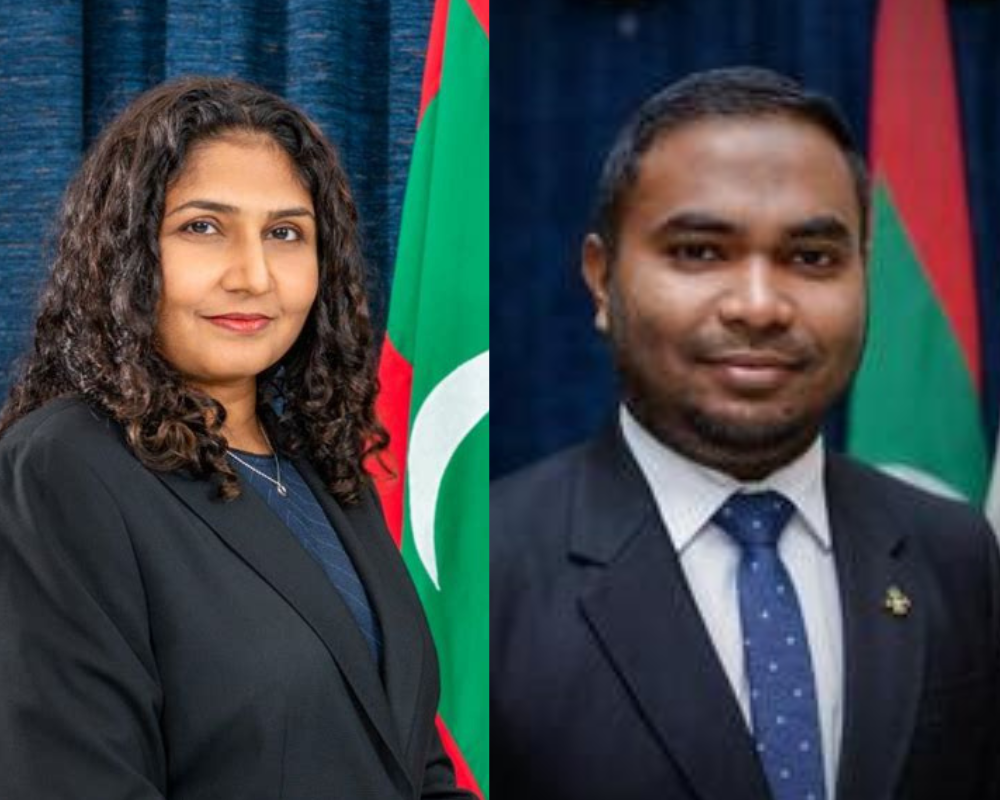The recent removal of Maldives Supreme Court Justices Dr. Azmiralda Zahir and Mahaz Ali Zahir on May 14, 2025, has sparked alarm among human rights groups, including the International Bar Association’s Human Rights Institute (IBAHRI). The Judicial Service Commission (JSC) and parliament’s actions to dismiss these judges were rushed and unfair, threatening the judiciary’s independence and the rule of law in the Maldives. This move is a blow to democracy and could harm the country’s economy and global reputation.
The trouble began when the Supreme Court was set to review a constitutional amendment on anti-defection rules, which would remove lawmakers who switch political parties. On February 18, 2025, the court held a hearing on this case. Just a week later, on February 25, parliament proposed a law to shrink the Supreme Court from seven to five judges. This law passed quickly, and on the same day, Justices Zahir and Zahir were suspended under Section 25(p) of the Judicial Service Commission Act. This rule allows judges to be suspended if another group, like the Anti-Corruption Commission, is investigating them, without giving the judges a chance to respond. On May 4, the JSC recommended their dismissal, and parliament voted 68–11 to remove them on May 14.
The IBAHRI has called this process unfair and dangerous. Hina Jilani, IBAHRI Co-Chair, said, “Removing judges without clear, open processes or a chance to defend themselves weakens the judiciary’s freedom. A free judiciary is vital for democracy and protecting people’s rights.” The judges’ lawyers were not allowed to speak at hearings, and the proceedings were not public, breaking international rules like Article 14 of the International Covenant on Civil and Political Rights (ICCPR), which demands fair and open hearings.
Mark Stephens from IBAHRI added, “This is a serious threat to the judiciary’s independence. Fair rules for removing judges protect everyone by ensuring justice is free from government control.” He warned that this could scare off investors, as studies from the World Bank and Oxford University show that countries with fair laws attract more business. A weak judiciary could hurt the Maldives’ economy, which depends on tourism and foreign money.
The Maldives’ Constitution and global standards, like the United Nations Basic Principles on the Independence of the Judiciary, say judges can only be removed for serious reasons, like bad behavior or inability to do their job, and only after a fair hearing. The Maldives ignored these rules. The Commonwealth (Latimer House) Principles and Bangalore Principles of Judicial Conduct also stress that judges need protection to work without fear.
This isn’t the first time the Maldives has faced such issues. Since 2013, under former President Abdulla Yameen, the country has struggled with weak laws and government control over courts. In 2014, two Supreme Court judges were removed in a similar unfair process, drawing criticism from the United Nations. Now, reports say two other judges who opposed these dismissals are being investigated, which could make judges afraid to act independently.
The IBAHRI urges the Maldives to fix Section 25(p) to ensure fair hearings and independent reviews for judges. Former President Mohamed Nasheed called it “unfortunate” that Supreme Court judges are replaced with each new president, pointing to a need for bigger changes. Dr. Azmiralda Zahir, in a six-page statement, criticized the JSC and parliament, hoping those who “crushed the Supreme Court” will one day be held accountable.
The removal of these judges is a warning sign for the Maldives. It weakens democracy, scares investors, and risks human rights. The government must act to restore trust in the judiciary by ensuring fair processes and protecting judges from political pressure. If not, the Maldives could face deeper instability and lose its standing in the world.


















